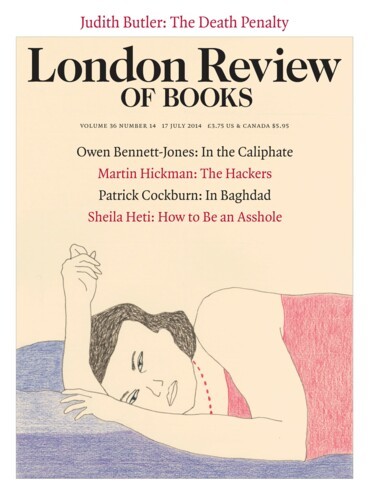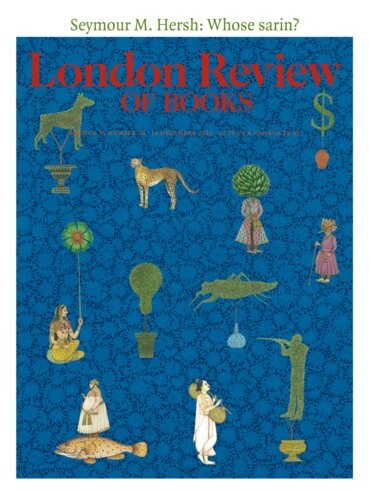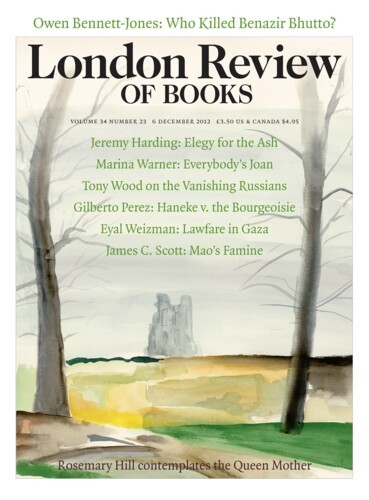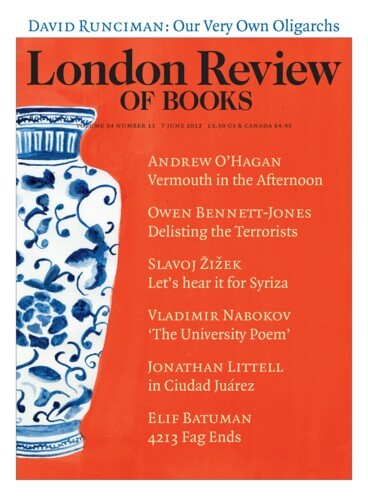How should we think about the Caliphate? In the Caliphate
Owen Bennett-Jones, 17 July 2014
In many respects Isis is a very modern organisation. The brochure detailing its 2012-13 activities is like a state of the art corporate report. The most striking page, with slick graphic design, has 15 silhouetted icons – time bombs, handcuffs, a car, a man running – with each representing a field of activity: roadside bombs, prisoner escapes, car bombs and the clearance of apostates’ homes. Next to a picture of a pistol is the word ‘assassinations’ and the number 1083: the number of targeted killings Isis claims to have pulled off in the year under review.




